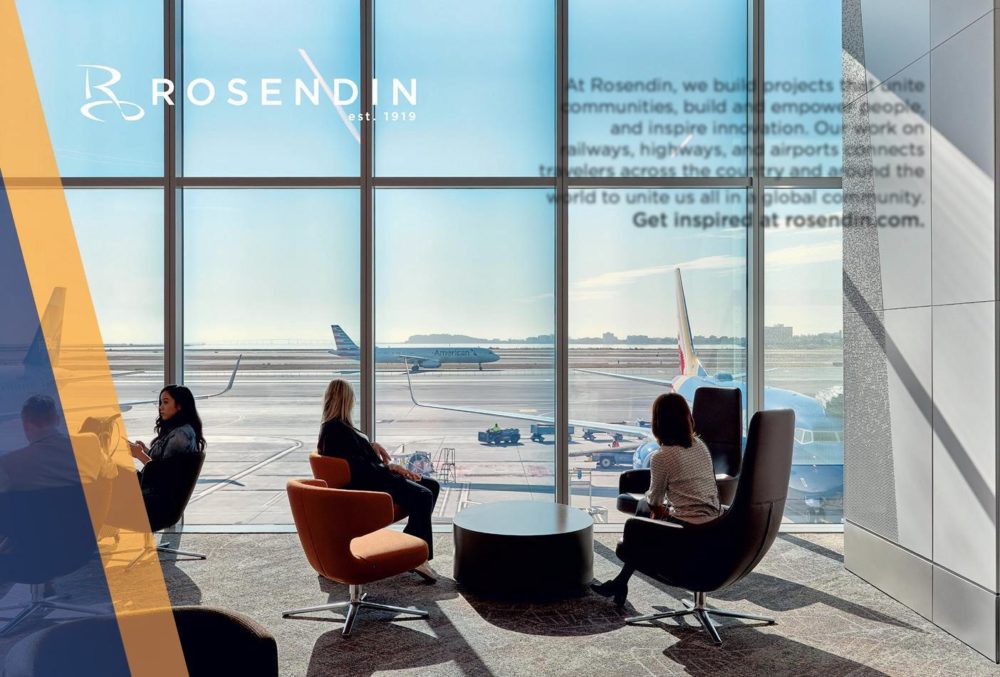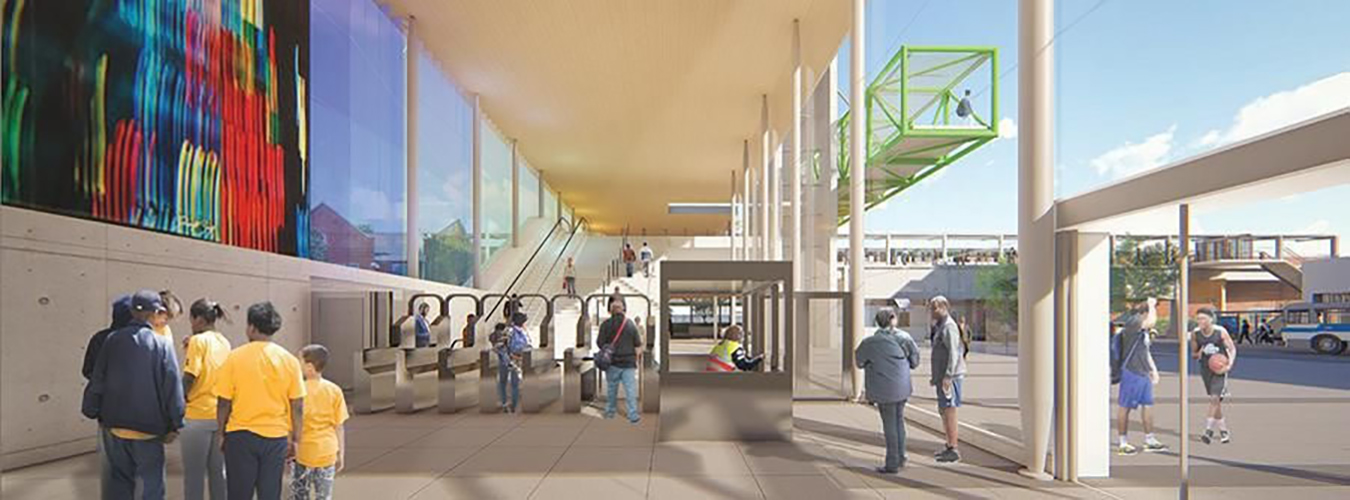During the coronavirus stay-at-home orders, many funny memes have been created. One that got a laugh while resonating with commuters read, “For the love of God, do all the road construction now.” As it turns out, this is actually happening. Construction teams are taking advantage of the opportunities the pandemic presents— and there are some—while balancing economic and staffing challenges.
Progressing Projects
The transportation sector remains active with preplanned projects and upcoming work. “There are a lot of projects in different parts of the United States under procurement,” confirms Jesus de la Fuente, vice president of development for North America with FCC Construcción. “This means that both contractors and engineers are very busy and must select the projects that are most efficient and fruitful to dedicate resources.” One concern that de la Fuente notes is a shortage of resources. Around the globe, staffing, shipping, hoarding, social distancing and other issues have slowed the processing of orders for materials and supplies. A moment of opportunity has presented itself with fewer people on the road, riding transit and boarding flights. “We see new possibilities in roadway/highway scopes, with municipalities and airport agencies trying to get out in front of some roadway needs,” says Ron Clarkson, operations manager at Rosendin. “Even aviation has an increase in runway maintenance with lighting upgrades and repaving.” However, some municipalities are concerned about a lack of revenue. Fewer people on the roads means a drop in gas use and gas-tax revenue, resulting in less funds for road and infrastructure improvements. On the other hand, Clarkson points out that the rate of construction presents savings. “Typically, these projects are completed during non-operating hours when most of us are in bed asleep,” he explains. “Today, work can be done during more favorable times of day with minimal impact on operations. Some are even seeing real money savings in capital expenditures and operating expenditures. We see similar circumstances on the transit side. Decreased ridership allows for extended working windows and single-tracking opportunities. It also provides for longer shifts and increased stretches of track work.” Members of the National Asphalt Pavement Association (NAPA) have reported business as usual—even at a faster pace—as they adapt to new health and safety protocols. Some have hired workers onto their crews with a larger pool of people available because of unemployment. Others are watching state restrictions and Department of Transportation plans. “Some states are already reducing or halting contract lettings. There are a couple of states in the Southeast, namely North Carolina and Kentucky, that have taken drastic steps in reducing funding. Meanwhile in the Western region, many companies are continuing full steam ahead with road construction,” explains NAPA President and CEO Audrey Copeland.
Evolving Work Practices
The spread of COVID-19 has changed everything, both work and personal. Contracting and engineering firms have had to find new ways to execute their specialties and work practices—with a greater focus on safety. At Rosendin, 90% of its work was deemed essential, and the company had to be quick and nimble to create a new norm. “We have had a few positive tests going on around us and had to deal with quick, accurate and detailed responses,” Clarkson explains. “Social distancing with other trades has been a challenge and caused clashes in the schedule. We have had to spend a lot of time working through these clashes with all stakeholders.” Companies now are preparing for material price increases, inflated installations costs, project delays and funding deficits. They also are rewriting safety policies and procedures, and addressing staffing shortages and issues in different ways. As they do this, companies—like families—have pulled together. “One takeaway from this pandemic is that we have become closer as a working group than ever before,” Clarkson says. “It is great to see our teams from safety, operations and the field working seamlessly to ensure a safe and well-communicated plan. This deal was like getting hit in the face, and like Mike Tyson has said: ‘Everybody has a plan until they get punched in the mouth.’ COVID-19 punched us in the mouth, but we will win in the end.”

Integrated and Secure Transportation Systems Solutions
The transportation infrastructure of the United States is relied upon as the economic backbone of our country. Inevitably, much of it needs repair or replacement. Rosendin offers comprehensive electrical solutions across the transportation spectrum to modernize or replace this aging infrastructure. The firm’s Special Systems Services team is highly skilled in developing integrated technologies systems. Its designers and engineers work with stakeholders throughout the project life cycle to incorporate world-class solutions while delivering the lowest installed cost with the highest quality. Rosendin’s team approach enables a collaborative environment where designers, engineers, project managers and technicians work together to successfully deliver diverse projects. The complexity of these systems and their demanding environments require Rosendin’s stringent quality assurance/quality control (QA/QC) program to produce predictable outcomes. Through the integration of this QA/QC program, Rosendin’s focus on systems design, installation and integration for complex highway, transit, aviation and specialty projects in commercial, industrial and municipal environments ensures the privacy and security of these systems.

Rosendin provided special system services for the new Harvey Milk Terminal 1 at San Francisco International Airport
http://digitaladmin.bnpmedia.com/publication/?m=38305&i=662347&p=2


